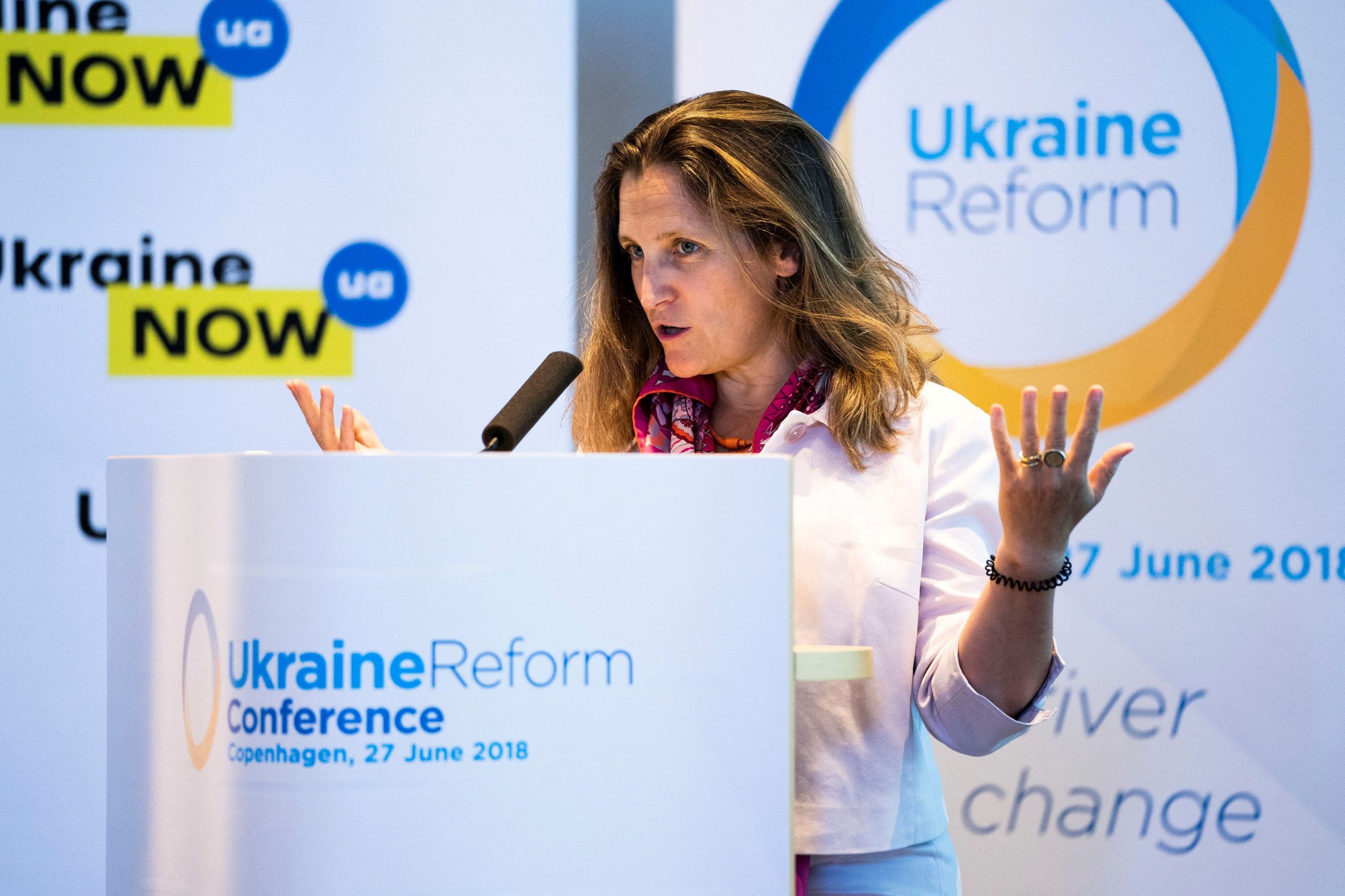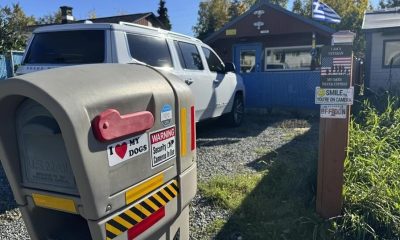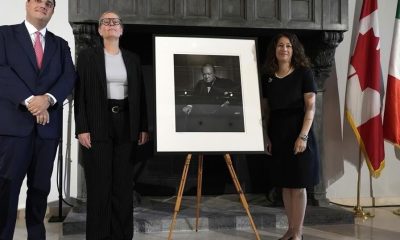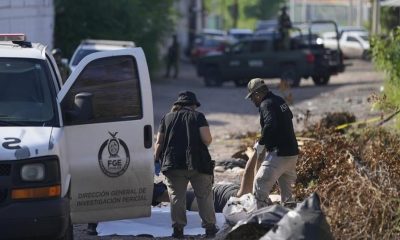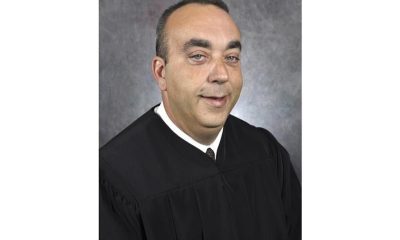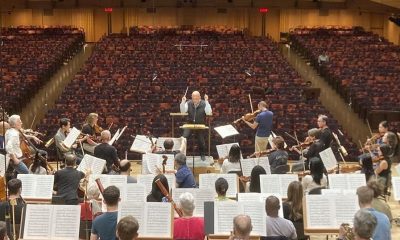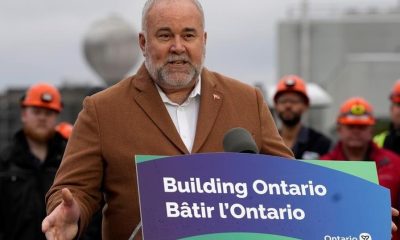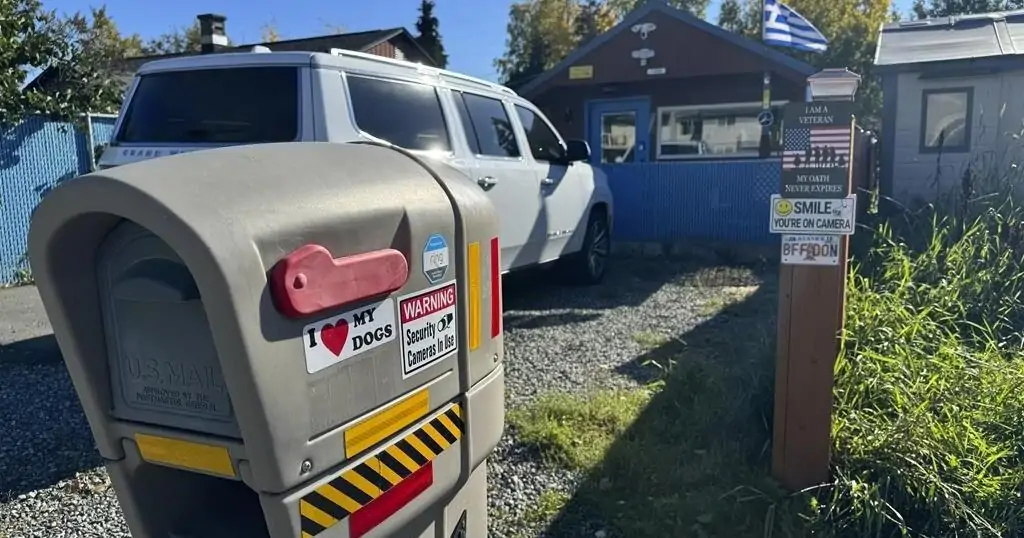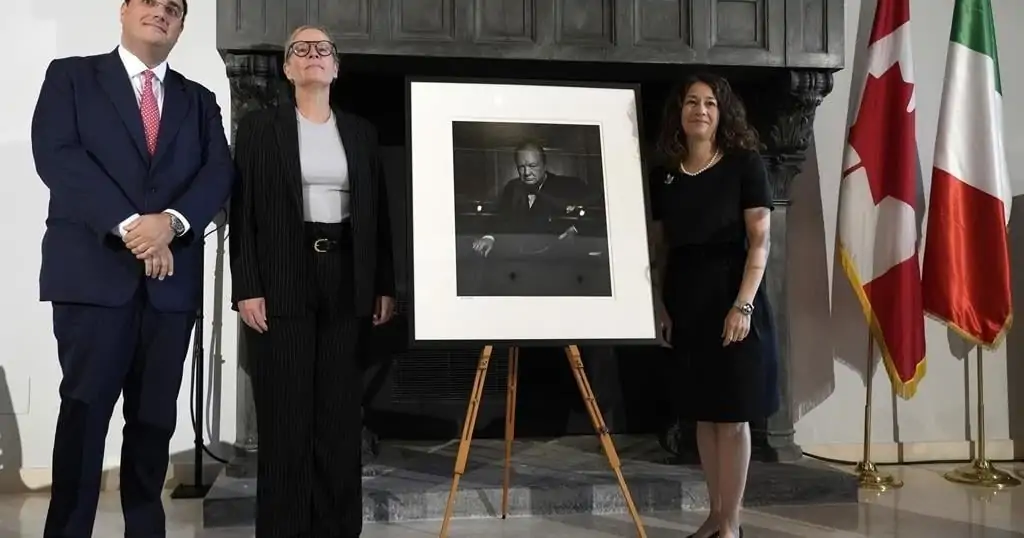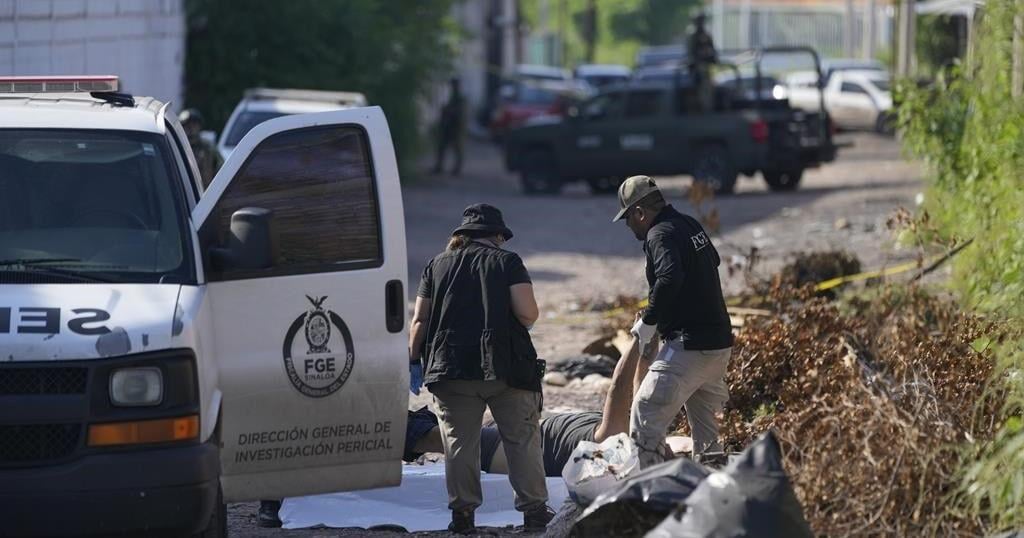WASHINGTON (AP) — An Alaska man accused of sending graphic threats to injure and kill six Supreme Court justices and some of their family members has been indicted on federal charges, authorities said Thursday.
Panos Anastasiou, 76, is accused of sending more than 465 messages through a public court website, including graphic threats of assassination and torture coupled with racist and homophobic rhetoric.
The indictment does not specify which justices Anastasiou targeted, but Attorney General Merrick Garland said he made the graphic threats as retaliation for decisions he disagreed with.
“Our democracy depends on the ability of public officials to do their jobs without fearing for their lives or the safety of their families,” he said.
Anastasiou has been indicted on 22 counts, including nine counts of making threats against a federal judge and 13 counts of making threats in interstate commerce.
He was released from detention late Thursday by a federal magistrate in Anchorage with a a list of conditions, including that he not directly or indirectly contact any of the six Supreme Court justices he allegedly threatened or any of their family members.
During the hearing that lasted more than hour, Magistrate Kyle Reardon noted some of the messages Anastasiou allegedly sent between March 2023 and mid-July 2024, including calling for the assassination of two of the Republican-appointed Supreme Court justices so the current Democratic president could appoint their successors.
Instead of toning down his rhetoric after receiving a visit from FBI agents last year, Anastasiou increased the frequency of his messages and their vitriolic language, Reardon said.
Gray-haired and shackled at the ankles above his salmon-colored plastic slippers, Anastasiou wore a yellow prison outfit with ACC printed in black on the back, the initials for the Anchorage Correctional Facility, at the hearing. Born in Greece, he moved to Anchorage 67 years ago. Reardon allowed him to contact his elected officials on other matters like global warming, but said the messages must be reviewed by his lawyers.
Defense attorney Jane Imholte noted Anastasiou is a Vietnam veteran who is undergoing treatment for throat cancer and has no financial means other than his Social Security benefits.
She told the judge that Anastaiou, who signed his own name to the emails, worried about his pets while being detained. She said he only wanted to return home to care for his dogs, Freddie, Buddy and Cutie Pie.
He faces a maximum of 10 years in prison for each count of making threats against a federal judge and up to five years for each count of making threats in interstate commerce if convicted.
Threats targeting federal judges overall have more than doubled in recent years amid a surge of similar violent messages directed at public officials around the country, the U.S. Marshals Service previously said.
In 2022, shortly after the leak of a draft opinion overturning Roe v. Wade, a man was stopped near the home of Justice Brett Kavanaugh with weapons and zip ties.
___
Thiessen reported from Anchorage, Alaska.

